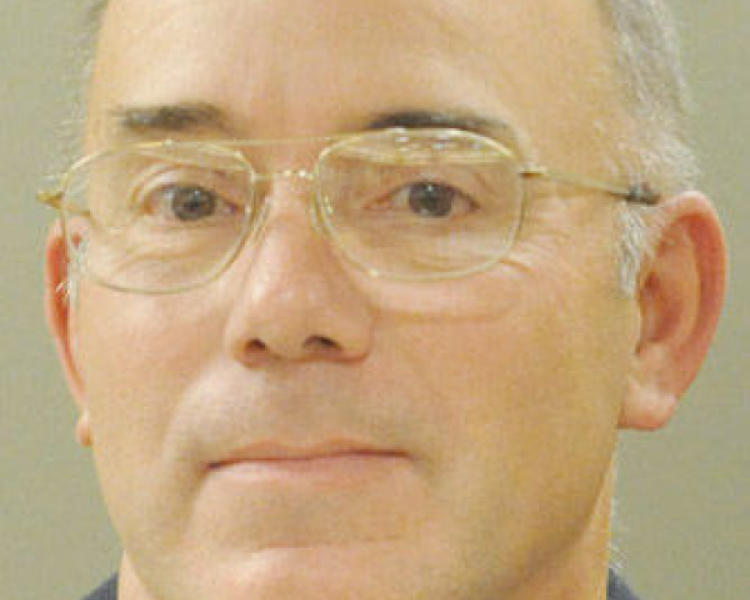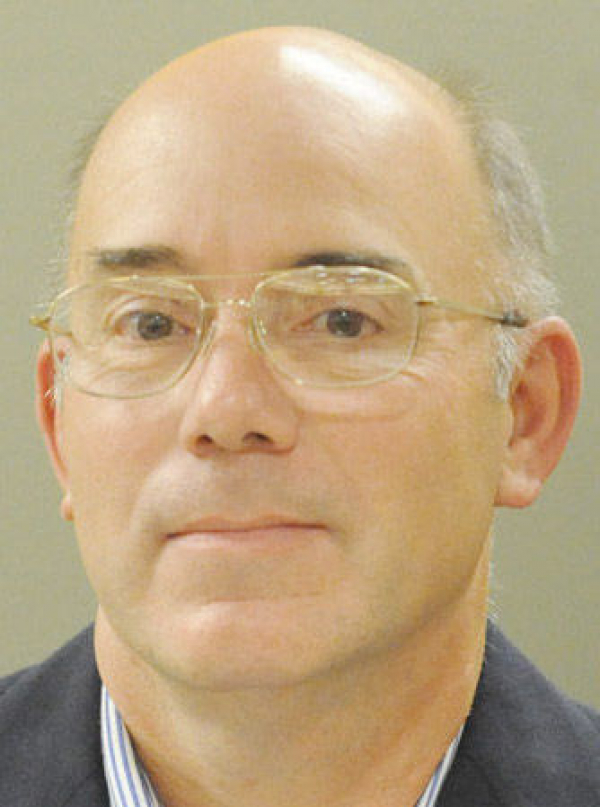Skagit Valley Herald Published January 16th, 2018 by Brandon Stone
At the end of the first week in Olympia, state Sen. Keith Wagoner, R-Sedro-Woolley, proposed two pieces of legislation Friday. Senate Bill 6315 would require the state Department of Fish & Wildlife to be more transparent with the public in communities where it plans to relocate wildlife, and Senate Bill 6347 would expand a property tax break for multifamily housing developers in small cities and towns.
"We have a housing crisis in every city and town, of all sizes, up and down the I-5 corridor," said Wagoner, the former Sedro-Woolley mayor who resigned January 7th after being appointed to fill the Senate seat left vacant by Kirk Pearson in the 39th Legislative District.
Current law allows cities and towns with populations of 15,000 or more to offer a 10-year tax exemption for improvements made to property in order to construct multifamily housing. Wagoner said while serving as mayor he saw several old buildings in Sedro-Woolley's downtown that could be restored into apartments. "but there's really not a fiscal case to repair them, " he said.
If the bill passes, he said developers would be on the hook for property tax on the value of the existing buildings, but not on the value of any improvements.
Based on conversations with housing developers, Wagoner said he believes this provision would result in a boost to housing development in small cities such as Sedro-Woolley. The bill is scheduled for a public hearing Thursday in the Senate Committee on Economic Development & International trade.
Senate Bill 6315 is a companion to House Bill 2276, which was introduced by fellow legislative newcomer Rep. Carolyn Eslick, R-Sultan, he said. If passed, the state Department of Fish & Wildlife would be obligated to notify elected leaders in affected communities, hold local public hearings and provide at least a 30-day notice before the hearings before deciding to move wildlife.
Wagoner said any rationale explaining the department's proposal and its potential danger to the community must use "the best available peer-reviewed science."
Share This Post...











